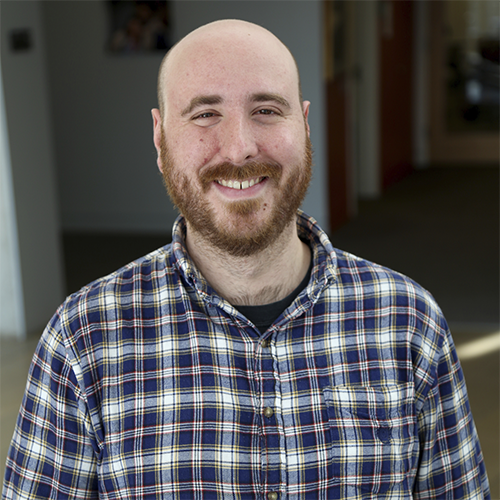 By the time this blog post is published, we will (likely) know the outcome of the US presidential election (editor’s note: still waiting!). For political buffs like me, and of course for the millions or billions of people who will be directly impacted by the electoral outcome, this has been an anxiety-inducing few months! At Heller, we learn how to use data effectively, but also are taught to be skeptical of how data is presented and aware of the potential for error. This is a lesson that many people took to heart after polls failed to predict the stunning outcome of the 2016 election. Our inability to fully trust the information we have about how people will vote only increases our uncertainty.
By the time this blog post is published, we will (likely) know the outcome of the US presidential election (editor’s note: still waiting!). For political buffs like me, and of course for the millions or billions of people who will be directly impacted by the electoral outcome, this has been an anxiety-inducing few months! At Heller, we learn how to use data effectively, but also are taught to be skeptical of how data is presented and aware of the potential for error. This is a lesson that many people took to heart after polls failed to predict the stunning outcome of the 2016 election. Our inability to fully trust the information we have about how people will vote only increases our uncertainty.
However, I want to write this post not about the election itself, but about the experience of being a part of the Heller community throughout the primaries and general election. Being a part of an MPP cohort and a student body full of knowledgeable, thoughtful, and politically engaged individuals made following this election a unique and unexpectedly rewarding experience. My classmates and professors pushed me to be more self-critical about my own political preferences and assumptions and consider substantive policy differences between candidates rather than simply following the horserace. Through conversations during class, brown-bag lunches with faculty, lectures, and other events, we had the chance to analyze the election and candidates in the context of political theory and history. For someone like me, who tends to favor big, universal policy interventions rather than targeted, means-tested ones, I was challenged to think through the logistics of major policy change and consider the costs and benefits involved.
Being part of the MPP cohort has made a somewhat stressful election cycle fun, at least some of the time. During the Democratic primary debates last fall, the MPP student association reserved lecture halls and bought snacks to host watch parties for anyone in the Heller community. Discussions about the candidates’ performances and platforms began on car rides home from campus after the debates and continued the next morning when everyone gathered in the Zinner Forum before class. As Heller shifted to remote instruction, political discussions continued through text threads and Zoom happy hours, as well as periodic “tea with the director” cohort meetings on Zoom. Faculty like Professor Bob Kuttner set aside time at the beginning of each class to discuss the race in the context of the pandemic and economic crisis. While of course the stakes of this election are far from academic or theoretical, the policy disagreements revealed during the primary and general election provide rich material for analysis in public policy classes. I feel supported intellectually and personally by my Heller peers during a difficult political period for our country, and I know that the outcome of this election, whatever it may be, will only inspire Heller students to re-commit to using their knowledge and policy skills to advance social justice and equity.
